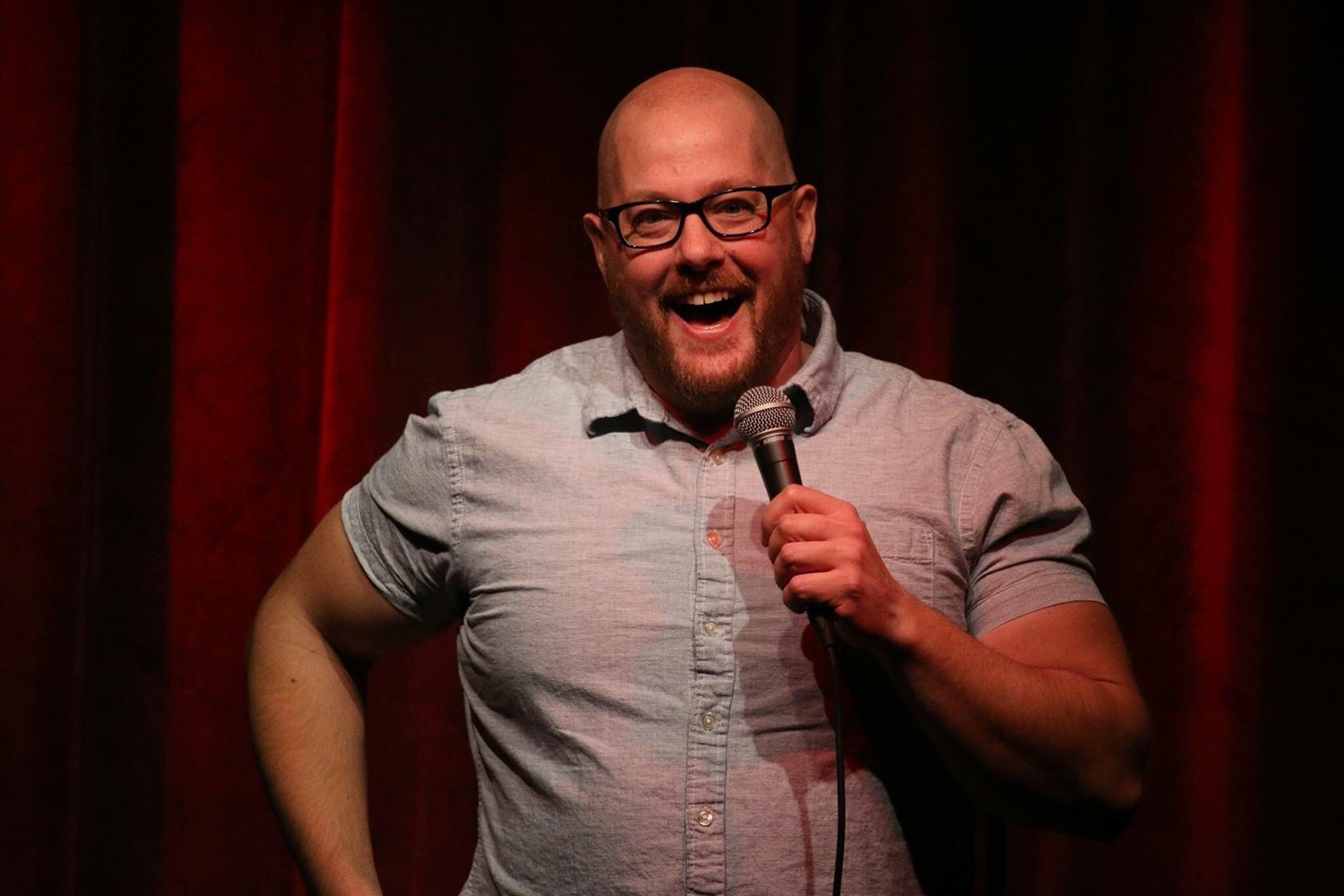Ed’s son, Sean, had a baseball game, so rather than doing Free-Rider Friday alone, Ron did “Black Swan Friday” by interviewing two of the Canadian bookkeepers who have been through the Black Swan Mentoring Program.
Cindy Kindret, founder and owner of Kindret Business Solutions, Inc., started her business from scratch 14 years ago with 2 clients and grew it by year 8 to over 100 clients. Her home-based business today includes 3 employees, and 2 contractors. Nothing has more positively changed her business than The Black Swan Program.
Today she has less than 40 clients and generates more profit than when she had over 100 clients, has more time to think and enjoy her clients and more time to plan for a better future.
Cindy is a Certified Professional Bookkeeper through Institute of Professional Bookkeepers Canada, is a Distinguished Financial Advisor “Bookkeeping Services Specialist” through Knowledge Bureau, and is both a Sage50 and QuickBooks Pro Advisor.
Melissa Michalski, B.Comm(Hons), CPB
Melissa is one of the co-owners of CertPro Accounting Team in Winnipeg, Manitoba Canada. Her love of accounting started during high school when her mom and grandpa encouraged her to take an accounting course as an elective. She holds an undergraduate degree from the Asper School of Business at the University of Manitoba. Before joining CertPro, Melissa worked in public accounting.
She is a proud member of IPBC and a Certified Professional Bookkeeper. Melissa volunteers her time as the IPBC Regional Developer for the province of Manitoba.
Melissa was lucky to be part IPBC’S BLACK SWAN program in 2014.
She also teaches competitive dance to children ages 9-18. In her teens she represented Canada on the World Tap Team where she brought home the bronze medal.
When she isn`t crunching numbers you can find Melissa travelling to California and Disneyworld and spending time with her two cats.
Topics discussed
Why did you want to change your business model?
How scared were you? No hourly billing, no timesheets?
What’s the most critical component of pricing?
What’s your approach to the value conversation now?
Did you get pushback from your customers? How many customers did you lose?
We recommend pricing the customer, not the service
How do you craft your options?
What are the advantages of options?
Have you become more selective about customers you take on?
Explain how you manage your emotional capacity vs. your physical capacity?
What advice would you give to a bookkeeper who is thinking of making this change?
Give an example of where you created and captured extraordinary value.




















